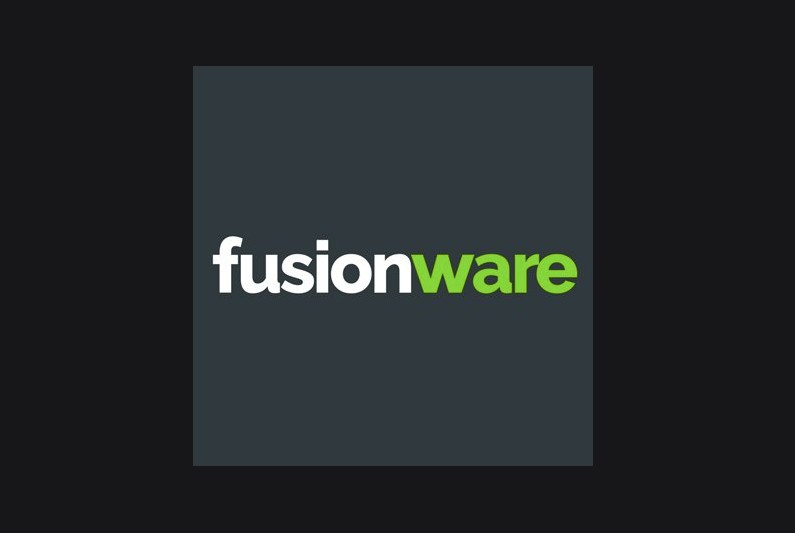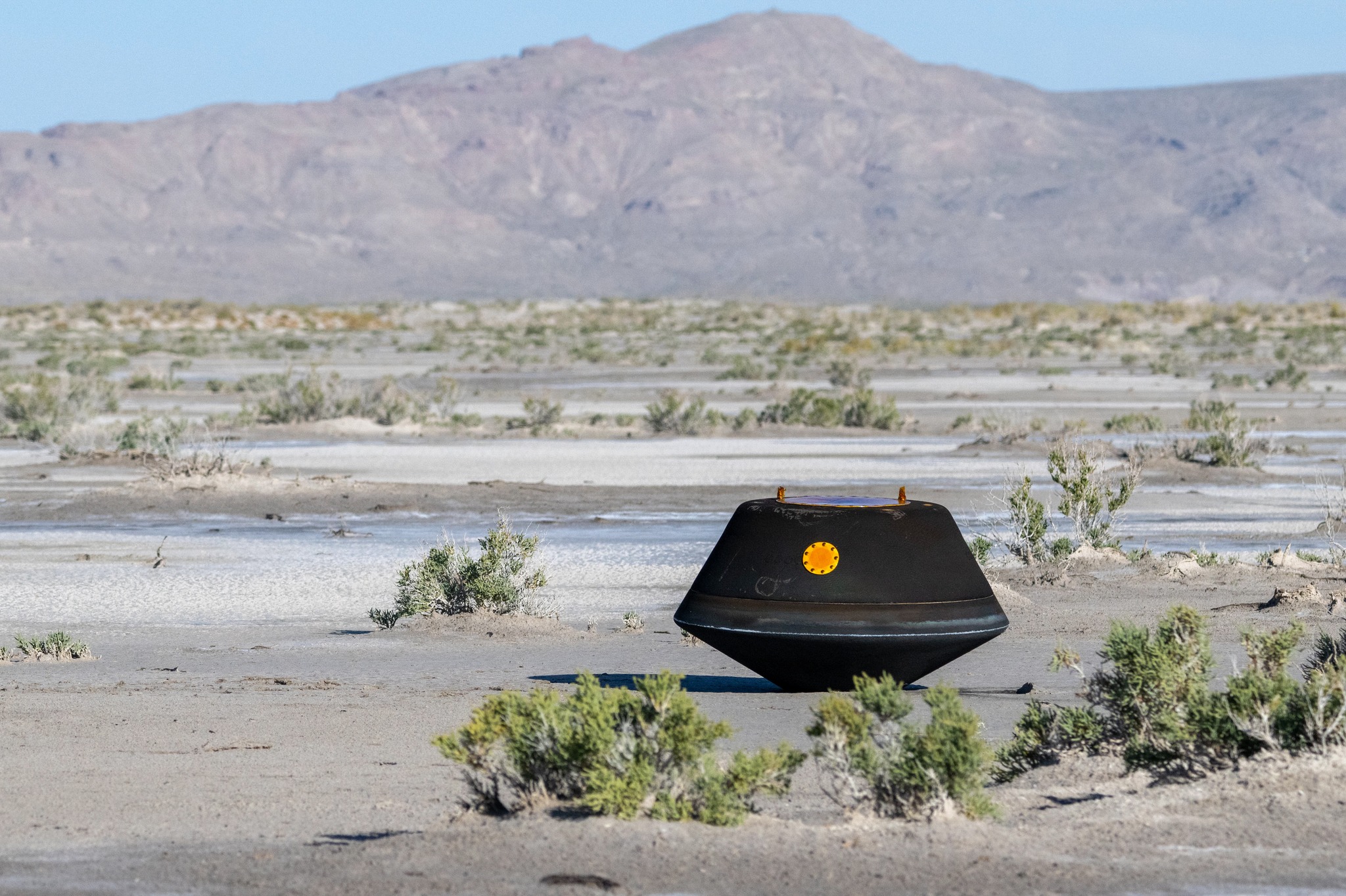The company’s platform helps in moving beyond spreadsheets to end-to-end automatic tracking that grows profits
Fusionware has come up with the next generation of traceability software that is designed explicitly for food companies to save time and bring efficiency.
The company’s cloud-based platform allows food companies to connect and sustain ubiquitous, seed-to-shelf data access across the entire supply chain. It removes the hurdle of time-consuming spreadsheets required in most analog traceability systems.
Produce traceability is important to food consumers. Increasingly, consumers want to know where their food comes from, that it was produced with care for the environment and, most importantly, that it’s healthy and free of any foodborne illness.
Smart, progressive food companies in the supply chain know this and they’re taking steps to provide the transparency consumers are demanding at an increasing rate. And they’re leveraging traceability systems to do so.
One challenge to producers, distributors, processors and others in the supply chain is the expense and time investment required to integrate a traceability system into their operations.
Traceability systems require a lot of paperwork — physical or digital — to ensure the seamless transfer and transparency of end-to-end data. In an industry in which time is a key variable in the viability of the product, it becomes a key component of the return on investment (ROI) of any system each operation uses.
Commenting on the development of new tacing software, Fusionware Founder and CEO Creg Fielding said he hears the fact that traceability can quickly become a ‘spreadsheet hell.’
“Our goal is to be able to walk in and tell customers they can get rid of their spreadsheets. They become another ‘data island’ when it comes to using important information across the supply chain,” said Creg Fielding.
“What some of our customers have been able to create and report on using spreadsheets is amazing, but the deeper and more complex the spreadsheets get, the more difficult it is to extract the necessary information because they’re intertwining so many data points into one process. Fusionware streamlines the management of that data and provides access to everyone who needs it,” said Creg Fielding.
Save time
In the produce supply chain, like many others, time is money. This is true as it relates to production logistics as well as maintaining food quality all the way to the grocery store shelf. Unfortunately, adding enhanced traceability requirements often adds time and can eat away at the ROI of producing, processing, and delivering fresh produce to the consumer.
The Fusionware platform is a growing solution, according to Fusionware Implementation and Support Lead Doug Cox, who works with Fielding in integrating the platform into operations across North America.
“I went through the process of getting trucks booked and loaded. From the time I knew I had a load to the time I had it booked and out the door was about 10 – 15 minutes. When Fielding was done with the first version of the Fusionware platform, I could go through the whole process in under a minute,” said Doug Cox, recounting early test cases of the traceability platform.
“Today, we have customers booking 800 – 1,000 loads every month. When they get back between 7 and 10 minutes per load, they free up a lot of time. And that calculates into a lot of dollars,” said Doug Cox.
Doug Cox added that in early testing, it wasn’t uncommon to record monthly savings of more than $40,000 in transportation logistics. Those numbers were dwarfed by the savings current customers have realized more recently. Simply being able to employ the traceability system to better use freight capacities by coordinating logistics, users can save up to $5,000 per semi-truckload from the producer to the retailer with Fusionware.
Recordkeeping
According to Laurie Widdowson, marketing and development manager for CSS Farms in Kearney (Nebraska), Fusionware keeps all relevant ownership, production and logistics data in one place for ease of recordkeeping. Besides directly contributing to the ROI of the platform for CSS Farms, Laurie Widdowson said Fusionware frees up time and reduces recordkeeping work, both key components of the company’s overall revenue.
“We were entering data three times — at the farm, in the accounting department, and for taxes and financial recordkeeping purposes. We needed to eliminate duplicate work and be able to have a centralized location for all of the data. This was the initial place where we could gain efficiencies, and with all of Fusionware’s other benefits to traceability, logistics and risk management, it’s become a mainstay. It’s just how we operate now,” said Laurie Widdowson said.
Laurie Widdowson also said the ROI of the platform is what attracted me to Fusionware at first, and now he has found it creates new efficiencies for the company and saves time and money in so many ways that the company didn’t expect.
Growing requirements
Fusionware understands the challenges customers face in both maintaining adequate traceability records and doing so in a timely, cost-efficient manner. High upfront costs can sometimes hinder adoption of traceability systems, even at some of the nation’s largest farms and food companies, and that’s why Fusionware operates on a completely scalable cost structure.
“Our competitors have larger initial costs that sometimes make working with them a risky proposition. We want to eliminate as much of that risk for our partners as we can,” Creg Fielding who founded Fusionware in 2016 added.
The ease of the platform integration contributes to its ROI for Debbie Radie at Boardman Foods in Boardman, Oregon. The onion, pepper, zucchini and asparagus farm has between 200 and 250 employees depending on the time of the year, representing a wide range of technology aptitudes. Radie quickly found integrating Fusionware into their large operation was quick and easy. It helps her keep all of her workers on the same short learning curve and saves considerable time in the process.
Debbie Radie said he wanted a system that was intuitive for the company’s people, because the company didn’t have this technology before and its people weren’t accustomed to working with software, scanners and barcodes.
“With Fusionware, I didn’t have to spend $200,000 upfront in software. Rather, with Fusionware, that initial investment was a fraction of other platforms, and we were able to learn and integrate the platform in a short time and make an ROI on it,” said Debbie Radie.
Ultimately, these cost benefits could create industry-wide changes and enable smaller producers to compete with the largest players. Industry partners attribute that to the scalability and end-to-end traceability functionality of Fusionware.
“We want to remove all the stresses and pressures traceability can create for our customers and enable them to stay in business and not get pushed out by larger companies with deeper pockets. There is also a whole new generation that’s coming back into farming. We want them to come into the produce industry knowing they can be competitive players, especially with Fusionware providing them valuable business intelligence to manage traceability and risk management processes in their operations,” Creg Fielding concluded
(Story is based on inputs from Globe Newswire)





